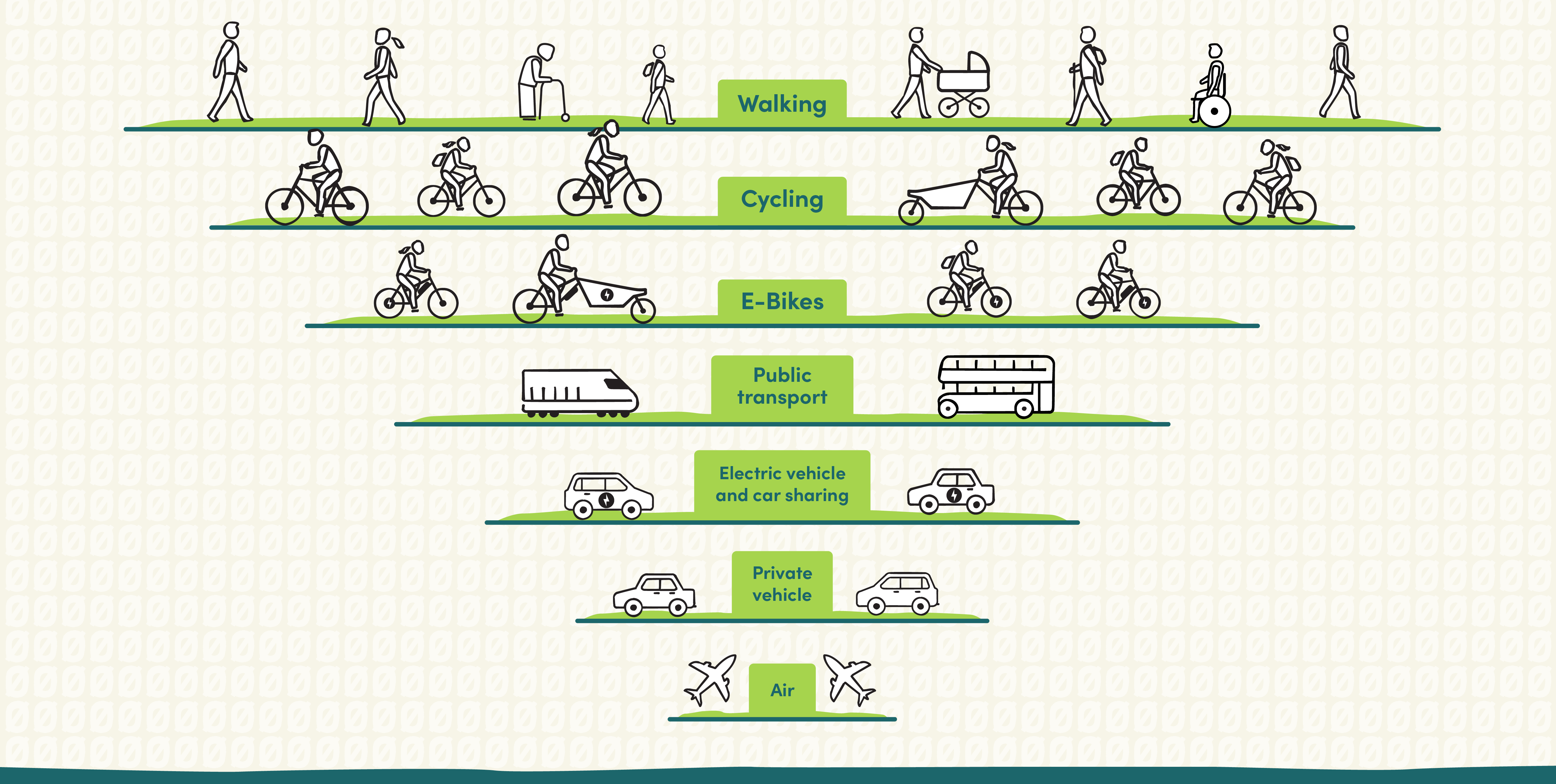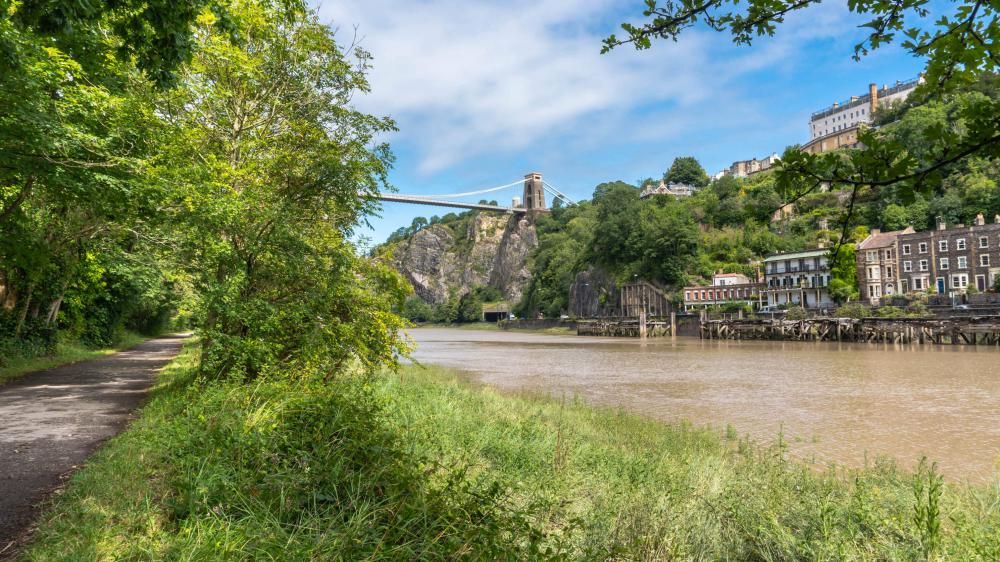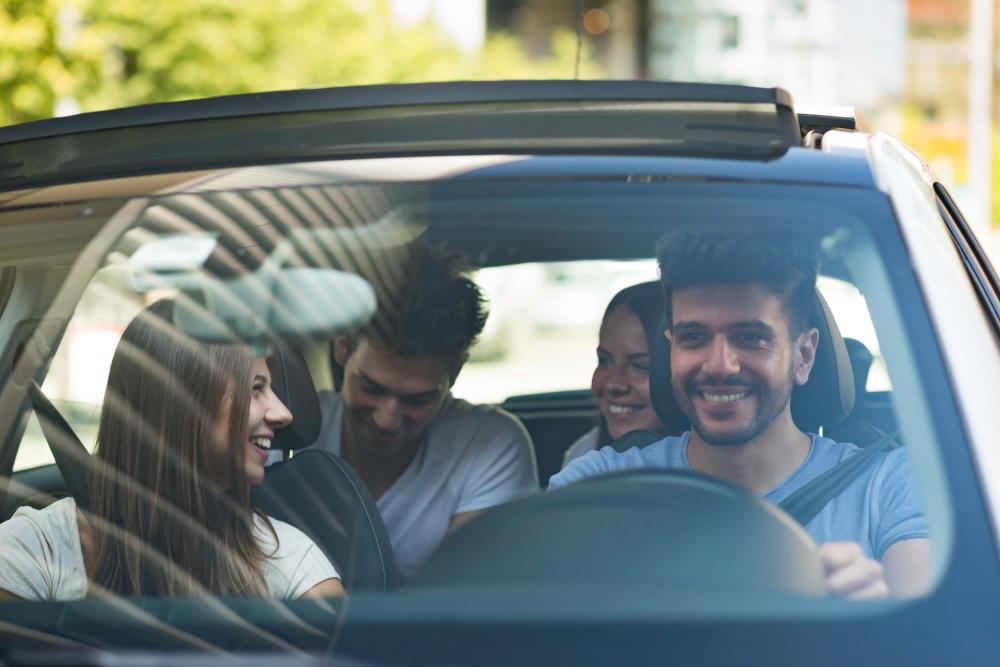Walk this way
The greenest, cleanest and healthiest way to travel is on foot (walking or running), followed by cycling.
During lockdown, the number of people walking or cycling instead of using other forms of transport increased so much in the UK that air pollution levels were nearly halved! In addition, downloads of the popular NHS running app Couch to 5k nearly doubled during the first lockdown compared to the same period the year before (source).
Walking, running or cycling regularly are great ways to keep physically and mentally fit, and they’re a lot quicker than people think; you can walk a mile in around 15-20 minutes and cycle in just five!
Click here for more information on developing an “active commute”. In addition, there are some great (and fun) tips on how to incorporate more walking into your day on the Living Streets website.



